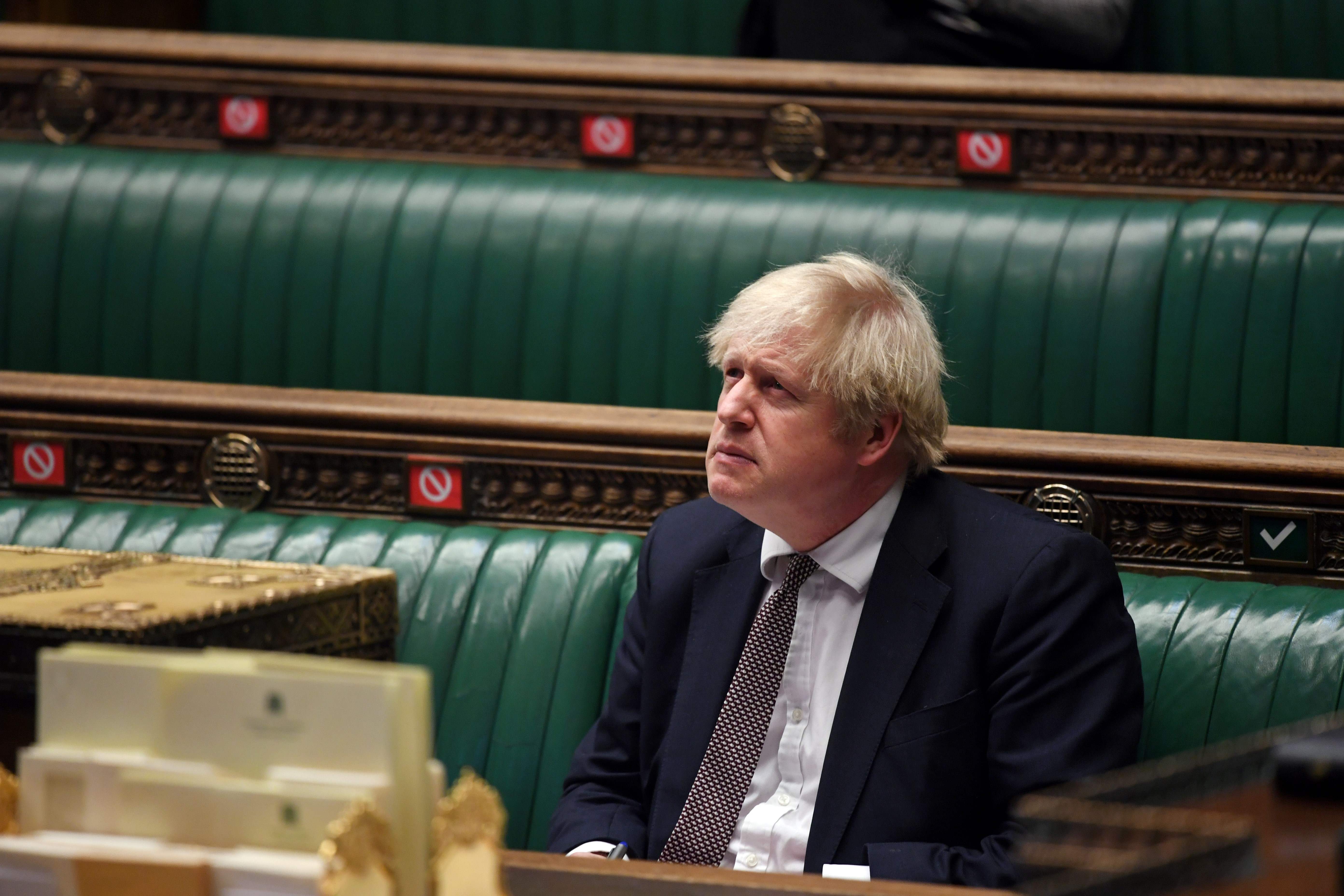The universal credit row is symbolic of wider dissatisfaction with Boris Johnson’s government
Labour is getting better at exploiting the divisions within the Conservative Party, writes Sean O’Grady


To use the words on the order paper, the House of Commons officially “believes that the government should stop the planned cut in universal credit and working tax credit in April and give certainty today to the 6 million families for whom it is worth an extra £1,000 a year”.
Despite the overwhelming vote and the constitutional convention that the Commons (or at least parliament) is sovereign, this expression of “belief” will make no immediate difference. It is an Opposition Day debate, under a longstanding arrangement providing for proper scrutiny of the executive, but it has the same status as any other vote on a motion. There is a string case that it should alter government policy, even though the vote creates no new laws.
Politically, though, it is highly significant. The government whips instructed Tory MPs to abstain, in an attempt to make the exercise seem more irrelevant than it is, and, moreover, because there was a risk the government would lose the vote. Despite the effort, there was a Tory rebellion, including new Tory MPs who captured so-called Red Wall seats from Labour in 2019, plus some former ministers. Once again it is proof that a notional working majority of more than 80 is no defence against defeat in a party addicted to conspiracy, factionalism and revolt. Boris Johnson only escaped another humiliation (of parliamentary defeat or an emergency U-turn) by offering his own dissidents some rubbery commitments to review things at the next Budget. There are suggestions that the Treasury is ready to “buy out” the £20 a week temporary uplift to social security with a one-off final payment of £500 or even £1,000.
As ministers plead, the uplift was only supposed to be temporary, and to last as long as lockdown. The problem is that lockdown is lasting rather longer than envisaged, and few MPs on any side want to break the link between the uplift and the lockdown sincerely given. The chat to the taxpayer (or national debt) is £6 billion per annum. As politicians often find, giving money out is more popular than trying to claw it back.
There are deeper problems, however. One is that the Covid-19 pandemic revealed to a troubled nation just how inadequate the universal credit safety net really is. If £20 per week is the difference between survival and destitution then it may be dawning on the nation that something must be wrong, even if most complacent voters never have UC a second thought in the past because they never thought they’d need it. In truth UC payments are arbitrary and bear no necessary relation to any given definition of a poverty line, still less whatever the recipient happened to be earning before they hit harder times.
Second, and more politically troubling for the prime minister, the UC issue is forming another focus for a wider dissatisfaction. Some of the disquiet is down to a general feeling of incompetence, the frequent U-turns, failures on responding to Covid and timing of lockdowns, slow progress on “levelling up”, lingering doubts about Brexit (on both sides), the exams fiasco, the free school meals fiasco, the Cummings fiasco, the chaos inside No 10, fears about the union with Scotland, and any number of other discontents. Labour’s choice of topic for their opposition day was smart - leveraging open Tory divisions, certainly, but on a matter of genuine concern that many sympathise with. It gives the impression, fairly or not, that a self-styled “people’s government” with more than its share of multi-millionaires is out of touch with what used to be called the “just about managing”. For them, £20 isn’t the difference between feeding the family or not but, rather, small change, enough to cover a fancy gourmet burger and a few trimmings.
Mr Johnson, lacking self-awareness perhaps, or being just plain cynical, accuses Labour of “playing politics”. What that really means, maybe, is that they’re getting better at playing politics than he is, and even some on his own side tend to agree. Some potential disastrous elections across Britain arrive in May, and after that a possibly protracted recession. There will be more rebellions.
Join our commenting forum
Join thought-provoking conversations, follow other Independent readers and see their replies
Comments
Bookmark popover
Removed from bookmarks